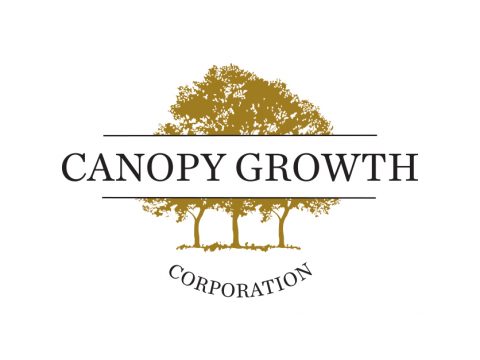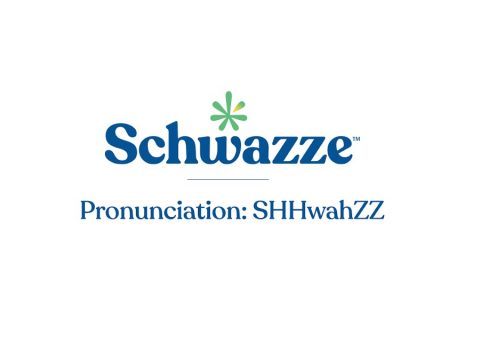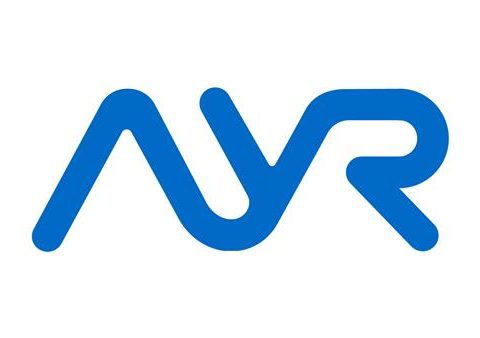Completes an additional 14% reduction in total workforce
Total year to date reduction in workforce of approximately 33% and $10.0 million in annualized payroll savings
Accelerates cost-saving initiatives by strategically outsourcing cultivation and manufacturing operations
Reduces annualized cash operating expenses by $1.8 million and annualized payroll expenses by approximately $4.0 million
Optimizes delivery depot network in advance of California Department of Cannabis Control proposed new regulations
TPCO Holding Corp. (“The Parent Company” or the “Company”) (NEO: GRAM) (OTCQX: GRAMF), a leading consumer-focused California cannabis company, today announced that it has elected to outsource certain aspects of its cultivation and manufacturing activities to select third party operators to realize benefits related to the current California cannabis market conditions. The changes to the Company’s production and manufacturing operations are expected to both reduce the Company’s cost of production and allow the Company to efficiently expand the breadth and depth of its product assortment to better serve evolving consumer needs.
In addition, outsourcing much of the Company’s cultivation and manufacturing operations is expected to improve both product quality as well as generate significant near-term cost savings. In connection with this change, the Company has eliminated an additional full 70 positions, representing 14% of its total workforce. As a result of this decision, the Company has realized annualized payroll reductions of approximately $4.0 million. Year to date the Company has realized an approximate 33% reduction in workforce, representing $10.0 million in annualized payroll reductions.
“Throughout this last year we have taken important steps to transform our business to one that delivers value for both our consumers and shareholders,” said Troy Datcher, Chief Executive Officer, and Chairman of The Parent Company. “While these decisions are never easy, the California market offers us the flexibility to partner with some of the best growers and manufacturers in our industry. We are working closely with our new partners to exceed the high-quality standards we have set for our products while also exploring additional opportunities to expand our product offering and deliver greater innovation for our customers”.
Mr. Datcher added, “This advantage will allow us to realize significant near-term cost savings as well as further leverage our retail data and insights to stay ahead of our peers in a rapidly evolving marketplace. The days of inefficient and asset-heavy operators is quickly coming to an end as we steadily march towards the end of cannabis prohibition in the United States. We are building a consumer-centric business and are executing on our objective to become a world-class brand builder and a leading operator in the market.”
In response to proposed changes to California’s cannabis delivery regulations to increase the allowed delivery “case pack value” limit, the Company has acted to optimize its delivery footprint. Under existing regulations, delivery drivers are allowed to carry a maximum of $5,000 worth of product in a vehicle, of which a maximum of $3,000 can be product that was not part of an order made before the driver leaves the delivery depot. The proposed new regulations would double the “case pack value” limit to $10,000, all of which can be product not part of a previously made order.
As a result of this change, which is expected to come into effect in the fourth quarter of 2022, delivery vehicles will be able to carry significantly more product than currently allowed. This increase is also expected to increase the geographic area that can be covered by a vehicle and allow for a much greater breadth of product to be carried. Consequently, the Company has elected to dispose of select redundant delivery depot locations which geographic region can now be more efficiently managed, including Culver City and Sacramento operations. These dispositions resulted in $500,000 in gross sale proceeds and additional annual cost savings of $1.8 million.




